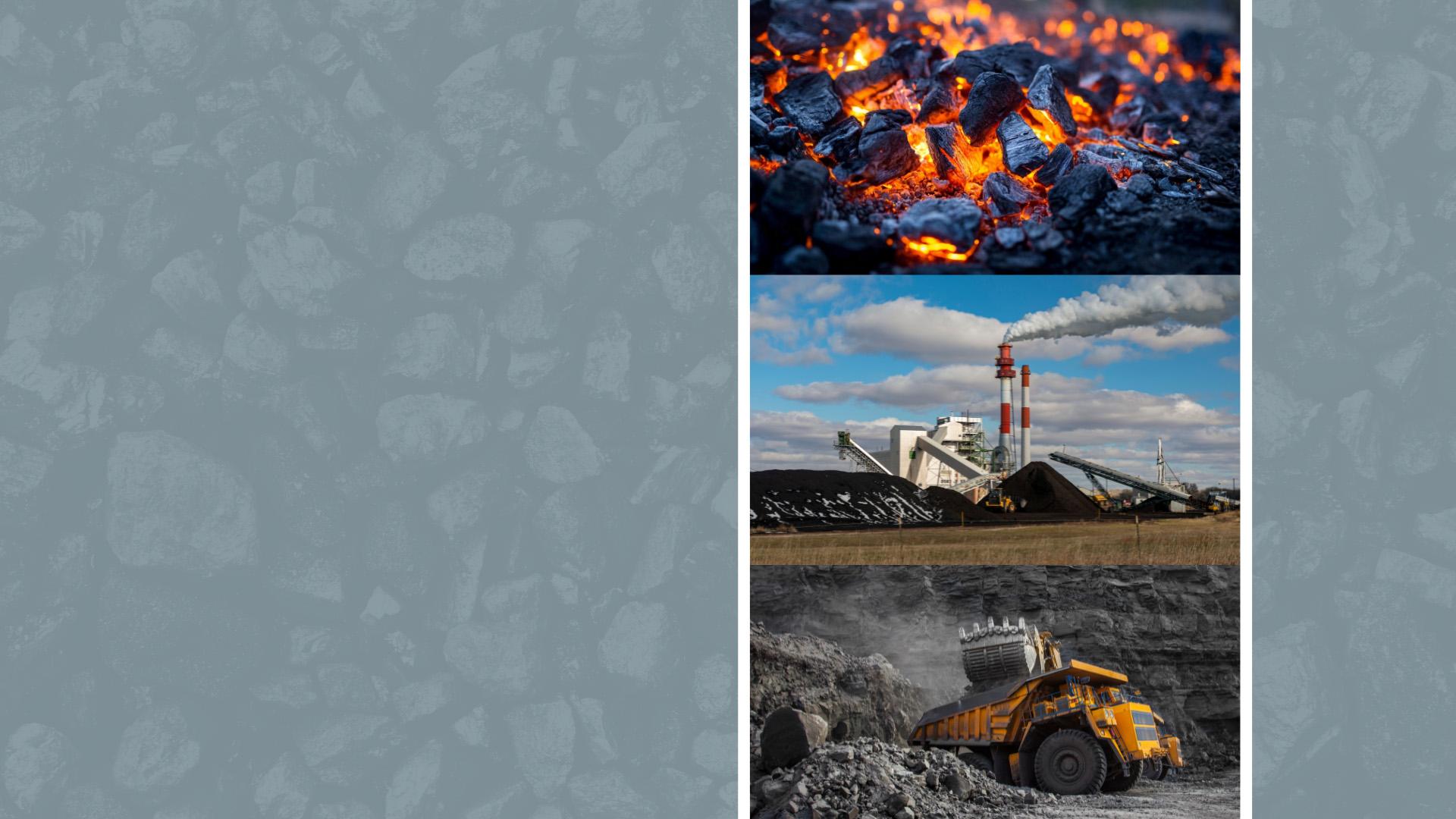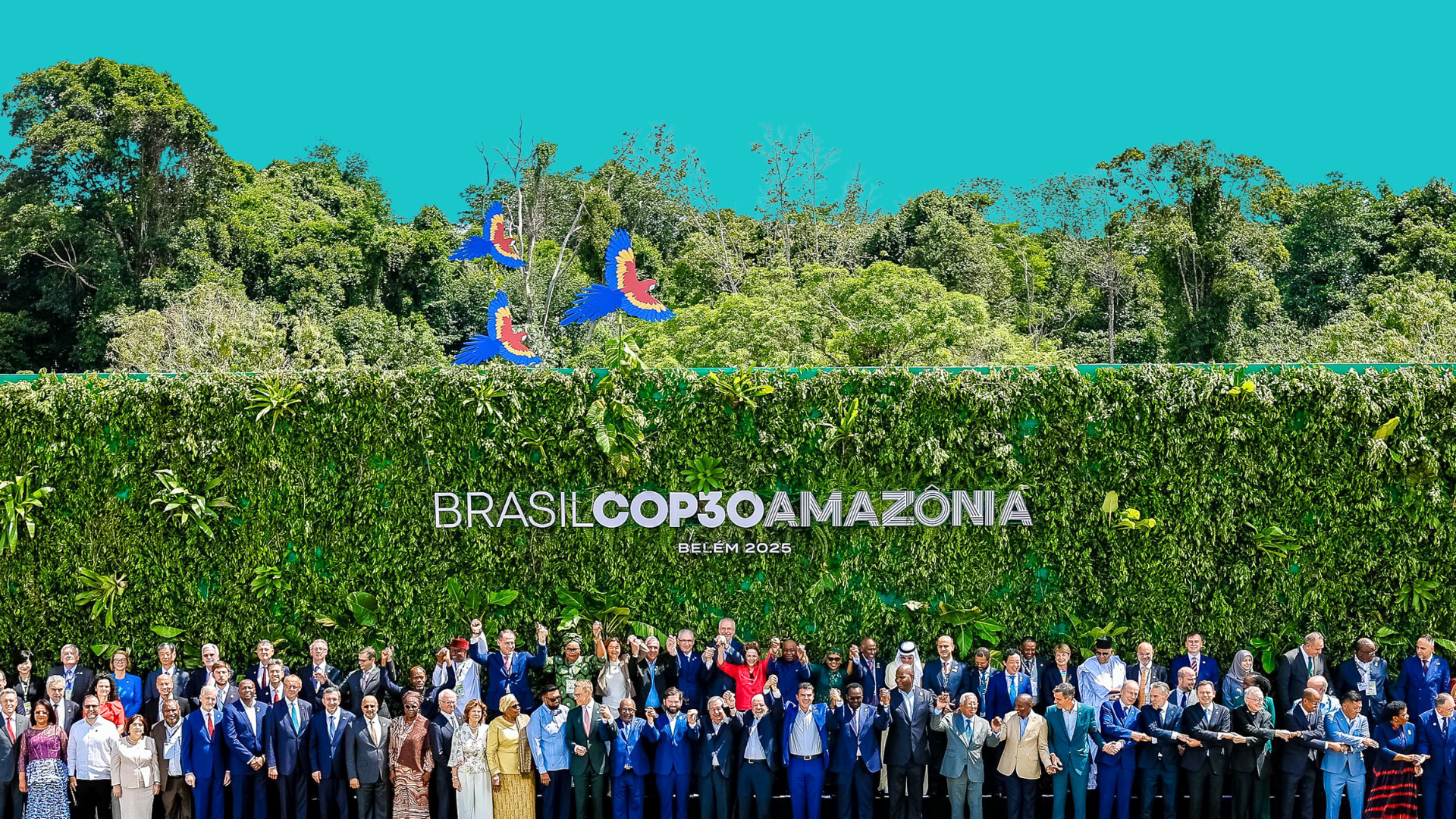However, it’s crucial that employers also play an active role in fostering a work environment that is conducive to effective and meaningful employee climate action.
Business leaders too often forget that their employees are the most important driving force of their business. For Gen Z and Millennial employees, two of the biggest factors determining their satisfaction at work are how empowered they feel to drive institutional change and how aligned their company's values are to their own. The nature of work is changing, and employers need to keep up or lose talented employees to those companies that will.
Empowering employees to work on climate action is not just the right thing to do, it also has implications for talent attraction and retention. Ninety-three percent of corporate employees under 30 say the more socially and environmentally responsible their employers are, the more motivated and loyal they are as employees. It is clear that employers need to implement practices that help their employees pursue purposeful, meaningful work – the fate of the climate (and their business) depends on it.
First, employers must give employees the space, resources, and capacity to take climate action, within working hours. Of all the amazing climate-activated employees I have met, the vast majority are taking action outside of their normal 40-hour work week. This model clearly hinders healthy, and thus sustainable, climate action. Climate-passionate employees are much more likely to be faced with burnout if they have to approach climate action in the workplace as an extracurricular. Employers should carve out time within working hours – even just a couple of hours per week – for employees to pursue values-based projects such as sustainability and climate work. Opportunities to learn and upskill on sustainability and climate-related subjects should also be offered and encouraged.
Employers should also work to integrate climate action and decision-making into the structure of their business. One way to do this is to designate sustainability points of contact within every functional team. These points of contact can act as climate champions within their teams, as well as liaisons between their own department and the sustainability team (if there is one) and leadership, ensuring the sustainability goals of the organization are being recognized and pursued cross-functionally.
Finally, employers must uplift the voice and agency of employee-led green groups. We have seen the consequences of companies that ignore the demands of their employees, from employees quitting to walkouts and public outcry. Fifty-four percent of Gen Z and 48% of Millennials are already putting pressure on their employers to take climate action, and there is real reputational risk to ignoring that call — especially when it comes from inside the house. Instead of seeing employee activation and organizing as a threat, employers should foster that climate passion and expertise growing inside their own walls and see it as an advantage and breeding ground for innovation.
While the influx of people moving toward climate careers is absolutely needed, we must also recognize the massive impact of people changing their current companies from the inside. If we want companies to genuinely and meaningfully act on climate, they need to create the internal structures and culture that enable every employee to take climate action. In this era of corporate net zero commitments and “green” products, I can’t help but think that companies are over-emphasizing their external climate practices at the expense of forgetting their most valuable asset: their people.
Aiyana Bodi, Project Drawdown manager of employee engagement, works with corporate partners and their employees to scale climate solutions in more meaningful and impactful ways. Aiyana is passionate about intersectional environmentalism and aims to use employee activation as a vehicle for just and equitable solutions.
This work was published under a Creative Commons CC BY-NC-ND 4.0 license. You are welcome to republish it following the license terms.












